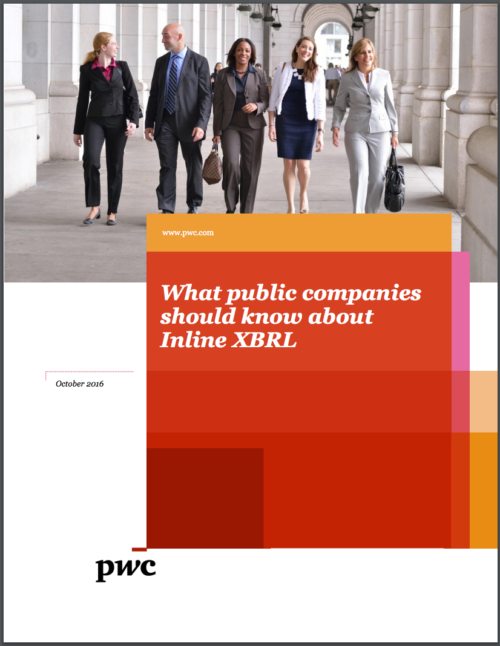How to Protect Your Employees
The tragic terrorist attacks in Brussels and Istanbul earlier this year have raised many questions and concerns from organizations with traveling employees. Employers must be prepared for the worst and know how to keep staff safe in the event of an airport crisis. Jim Hutton provides guidance, including best practices for situational awareness, proactive crisis training and communication.
By: Jim Hutton
Many airports around the world remain on high alert following the terrorist attacks in Brussels and Istanbul earlier this year. These incidents raise concerns – and many questions – for companies with traveling employees, and rightfully so. In a global economy where business travel is critical, how can employers help keep their employees safe in an uncertain travel landscape? If employees find themselves in a similar situation as those in Brussels or Istanbul, would they know what to do? How would their employer go about locating and communicating with them? Would employees know how to reach out for help or let others know they’re safe? These questions need answers well in advance of a crisis.
There is currently a heightened focus on terrorists targeting airports due to the potential for mass casualties, but it’s important to note that acts of terrorism are very rare compared to the more common security issues travelers may face. However, it is crucial for organizations to be prepared. Whether your employees fly domestically or internationally, here are some important guidelines you can follow to help keep your employees safe during an airport crisis.
Remember Duty of Care
First and foremost, employers have a duty of care responsibility, which means an organization has both a moral and legal obligation to ensure the safety of their employees through proper education and preparation. Within the organization, risk management and HR departments should be satisfying three key factors when preparing an employee for business travel: situational awareness, proactive crisis training and communication.
These factors have many layers and can be executed in a variety of ways, to various degrees. Preparing traveling employees with situational awareness can mean sharing information about the proximity of their hotels to local hospitals and police stations as well as refreshers on what to expect from a health, safety and cultural standpoint in their destinations. The right proactive crisis training can mean an employee’s reaction during an emergency will be calmer and more efficient, thus saving them crucial time in the heat of the moment. For example, if a well-prepared employee ends up in a situation such as encountering hostile figures in an airport terminal, they will know how to properly assess the situation while determining the safest course of action for that particular circumstance.
Lastly, communication is key. As an employer, you have a duty to inform your employees on some basics, such as how to dial the 911 equivalent in their destination. In the event of an emergency, an employee must also know how their employer will contact them and the protocol for notifying their employer of their safety status. You never want an employee to find themselves in a situation where these questions and answers have not been previously discussed.
Taking the theme of communication one step further, employers can also consider the role of technology and how social media continues to play a critical part during an airport crisis. For example, Facebook has a “Safety Check” feature that can help employers confirm their travelers’ safety in the event of an emergency. Travel risk management companies also have several resources for locating and communicating with travelers in emergency situations. If your company uses the services of a travel risk management firm, be sure your employees have access to the firm’s contact information at all times and know when and how to reach out for help.
Defer Nonessential Travel
It’s important to be flexible when planning travel for your business. Immediately after a major travel disruption or emergency, organizations should consider deferring nonessential business travel. In airports on high alert, added logistical issues – such as longer lines and more thorough baggage screening and handling – can complicate travel. If employees are booked to travel to a destination that has recently been hit by terrorism, consider focusing on individual risk profiles and itineraries, along with solid destination intelligence, to help travelers make informed travel decisions. Or think about another scenario: if an employee is grounded at an airport and cannot reach their meeting destination, consider setting up a video conference in place of an in-person meeting. In a period of heightened security, it’s in everyone’s best interest to be adaptable with business travel expectations.
Set Expectations on Duty of Loyalty
Just as employers have a duty of care to employees, employees have a duty of loyalty to their employers. This essentially means it’s the employees’ duty to act responsibly and in the best interest of their employers when traveling on business. This only further demonstrates the need for a healthy and reciprocal employee-employer relationship: the responsibility not only falls on the traveler to act in a responsible and safe manner, but employers need to be proactive by setting appropriate parameters and being clear about expectations. From an airport safety perspective, these parameters could include:
- Packing smart. When packing, employees should consider skipping items that might look suspicious to airport security agents to avoid the hassle of waiting longer at checkpoints.
- Arriving early. As airports re-evaluate and reorganize their security measures, travelers should be prepared for delays and longer lines. They can expect an added layer of visible security presence, including more officers, canines and members of the military, as well as additional x-ray equipment, luggage screening and pat-down procedures. Arriving early will help employees catch their flights and avoid costly rescheduling.
- Preparing documents in advance. Traveling employees should ensure their passports and IDs are up-to-date and that their airplane tickets are correct. Having these documents prepared and on-hand at the airport will make the process go more smoothly.
- Following airport directions and signage. Employees should be prepared for heightened security at airports. Simply staying vigilant, following instructions and listening to important announcements can go a long way. Likewise, travelers should also be aware of their surroundings and report suspicious activity, such as unattended bags, to airport security agents.
These are certainly unpredictable times, and while an airport-focused terrorist attack is indeed rare, it’s now a real and valid concern that cannot be ignored. As a result, employers need to be observant about airport security and address methods to better protect the safety of their travelers in the long-term.



 Jim Hutton is Chief Security Officer for
Jim Hutton is Chief Security Officer for 





